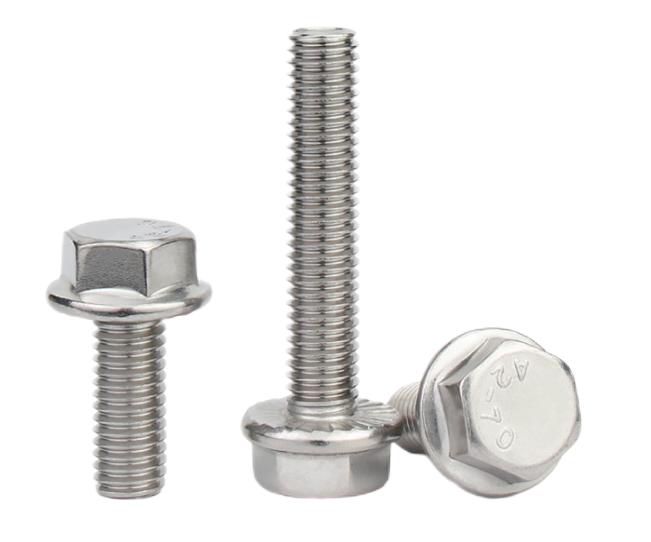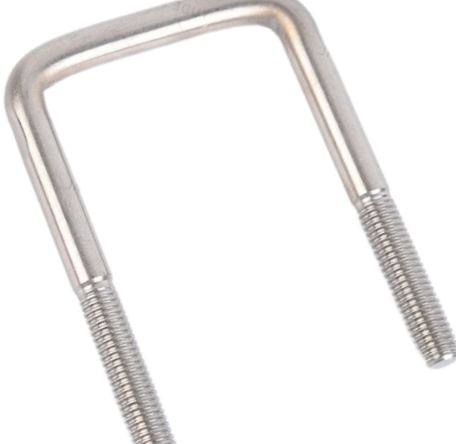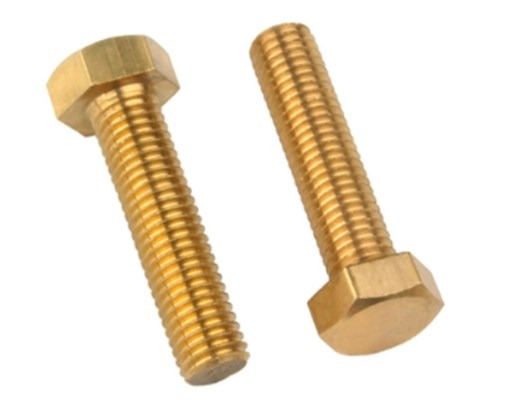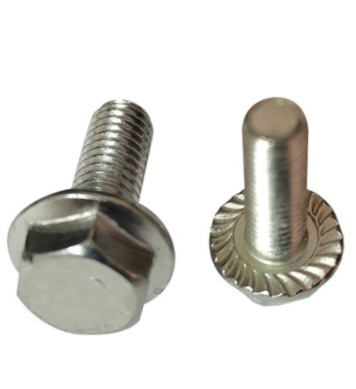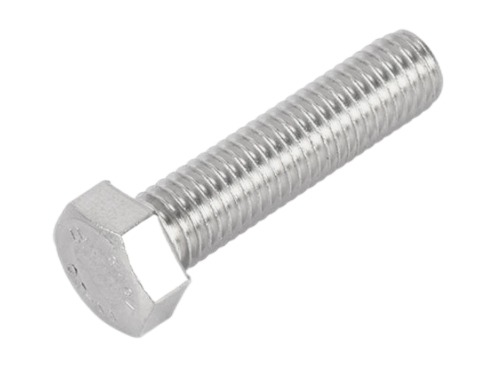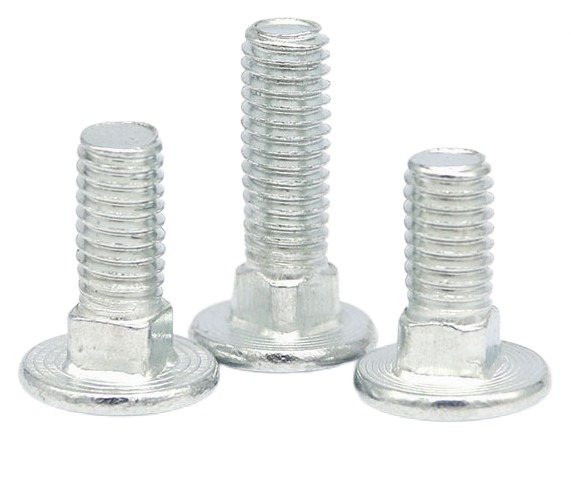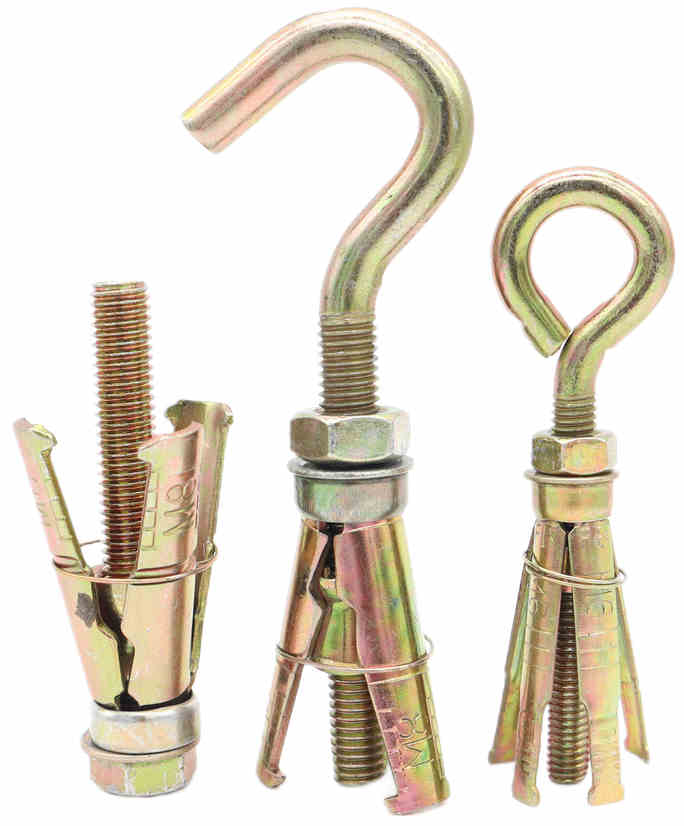7 Tips To Know Anchor Bolts Comprehensively
Anchor bolts, also known as anchor rods, are fasteners that are widely used in the construction and industrial fields to secure structures to a foundation or base. These bolts are crucial for maintaining the stability and safety of buildings and equipment. In this article, we will provide an overview of anchor bolts, including their basic structure and classification, materials and properties, application areas, purchasing considerations, and installation and maintenance.

Basic Introduction Of Anchor Bolts
Anchor bolts are an essential component of many construction and industrial projects. These bolts are used to secure structures, equipment, and machinery to a foundation or base, ensuring their stability and safety. Anchor bolts come in various sizes and shapes, and they are classified based on several factors, such as the type of base material, load capacity, and environmental conditions.
Basic Structure and Classification of Anchor Bolts
Anchor bolts consist of several components, including the threaded rod, the nut, and the washer. The threaded rod is the main body of the bolt and is inserted into the hole in the base material. The nut and washer are placed on the end of the rod and tightened to secure the structure to the base.
Anchor bolts can be classified based on several factors, such as the type of base material, load capacity, and environmental conditions. For example, anchor bolts can be classified as cast-in-place bolts, mechanical expansion bolts, and adhesive anchor bolts based on their installation method. They can also be classified as headed bolts, hooked bolts, or straight rods based on their shape.
Materials and Properties of Anchor Bolts
Anchor bolts are typically made from materials such as carbon steel, stainless steel, and galvanized steel. Carbon steel anchor bolts are the most commonly used type due to their high strength and cost-effectiveness. They can be easily welded and are suitable for use in most environments. Stainless steel anchor bolts are highly resistant to corrosion and are ideal for use in outdoor and marine applications where exposure to moisture and salt is common. Galvanized steel anchor bolts are coated with a layer of zinc to prevent rust and corrosion, making them ideal for use in harsh environments.
When selecting anchor bolts, it is essential to consider the specific application and environmental conditions. Other factors to consider include the length and diameter of the bolt, the thread type, and the strength and load capacity required for the specific application.
Application Areas of Anchor Bolts
Anchor bolts are used in various construction and industrial applications. In the construction industry, they are used to secure concrete or masonry structures to a foundation. They are also used to anchor steel structures, hang wall panels, and secure foundation elements. In the industrial sector, anchor bolts are used to secure heavy machineries, such as turbines and generators, and to anchor equipment for oil and gas production.
Purchasing Considerations for Anchor Bolts
When purchasing anchor bolts, it is essential to consider several factors, such as the material, size, strength, and load capacity. The cost of anchor bolts varies depending on the material and quantity needed. Carbon steel anchor bolts are the most cost-effective, while stainless steel and galvanized steel anchor bolts are more expensive due to their added corrosion resistance.
Installation and Maintenance of Anchor Bolts
Proper installation and maintenance of anchor bolts are crucial for ensuring the safety and stability of structures and equipment. During installation, it is essential to ensure that the anchor bolts are correctly positioned and tightened to the required torque. It is also important to follow the manufacturer’s instructions for installation and use the appropriate tools and equipment.
Regular maintenance of anchor bolts is also essential to ensure their longevity and performance. This includes inspecting the bolts regularly for signs of damage or wear and ensuring that they are adequately lubricated.
Conclusion
Anchor bolts are essential fasteners used in various construction and industrial applications. The selection of anchor bolts depends on the specific application and environmental conditions. Factors to consider when selecting anchor bolts include material, size, quantity, length, diameter, thread type, strength, and load capacity. The cost of anchor bolts varies depending on the material and quantity needed.



